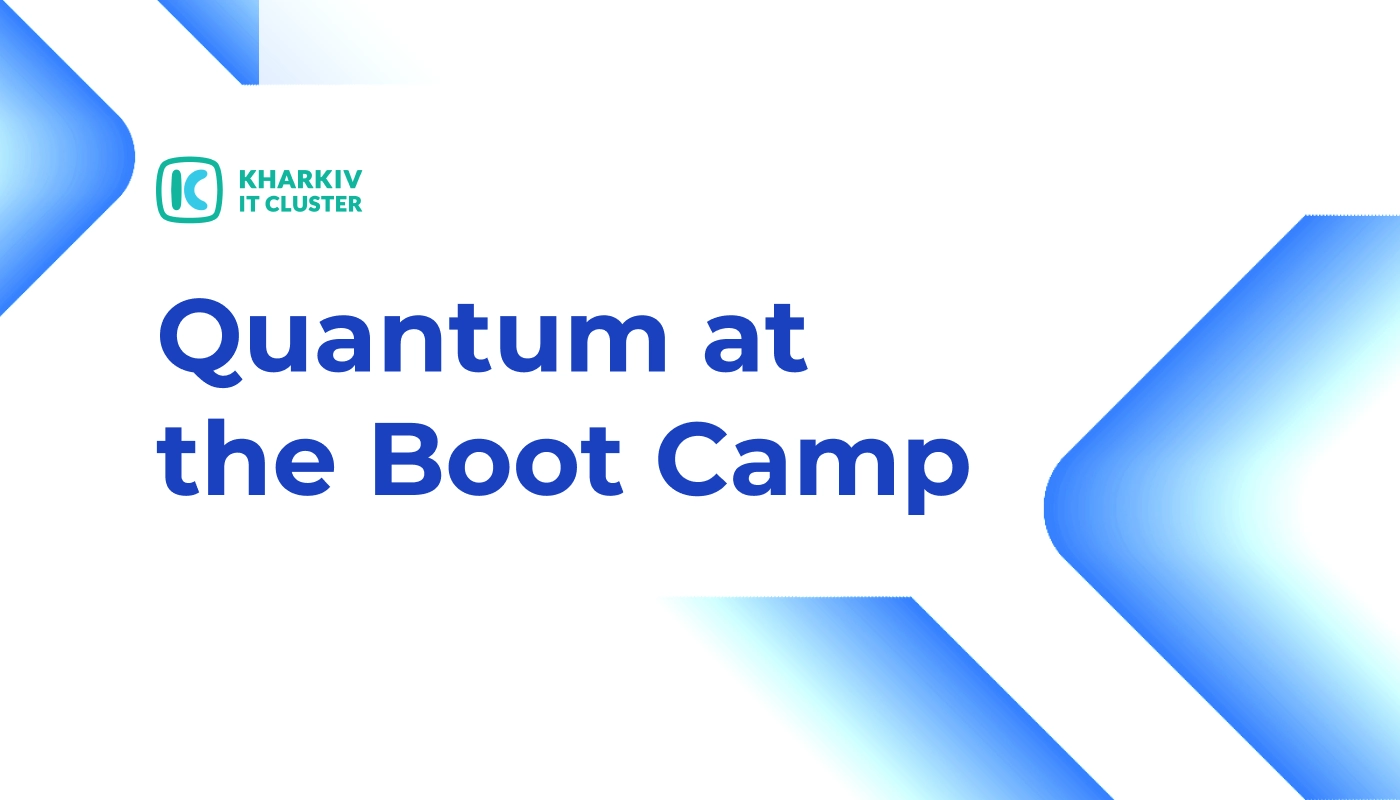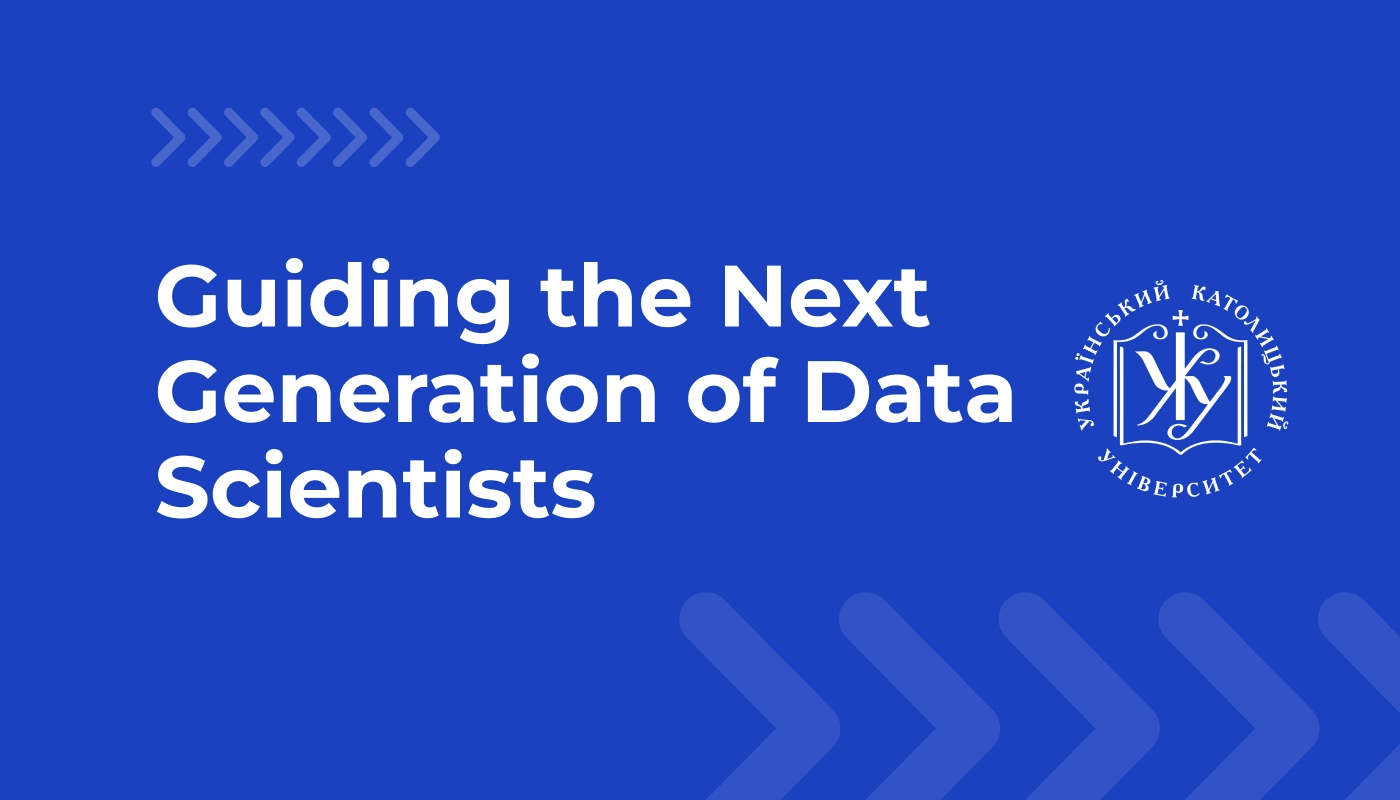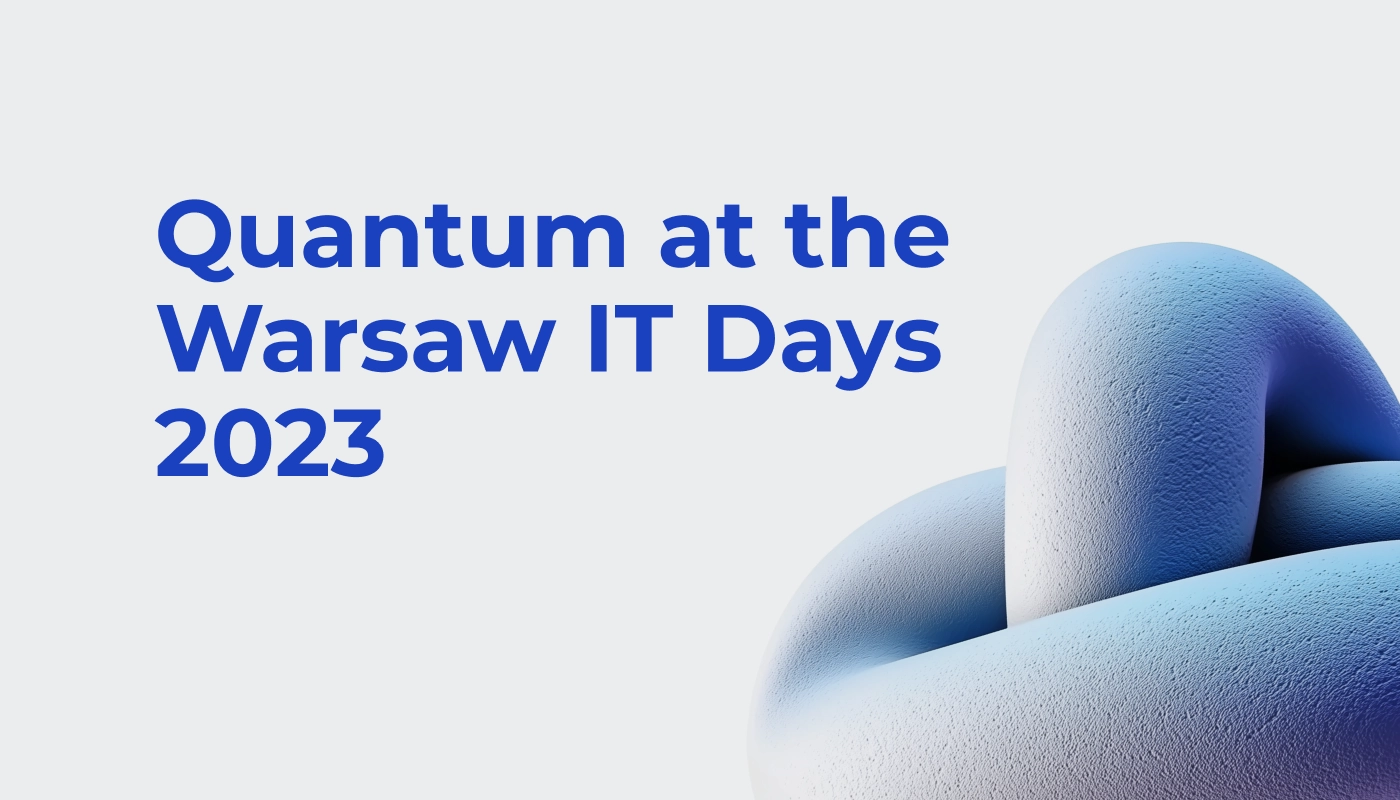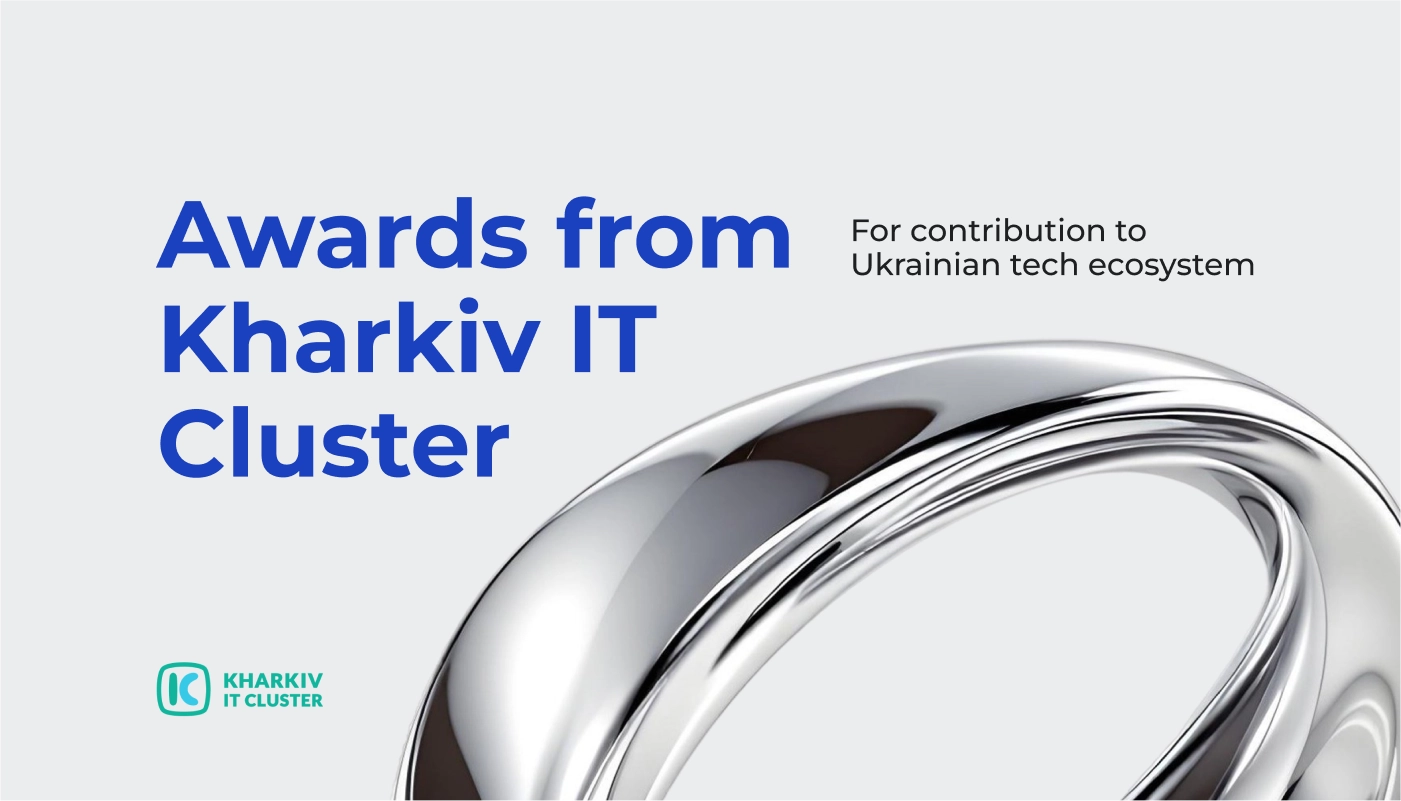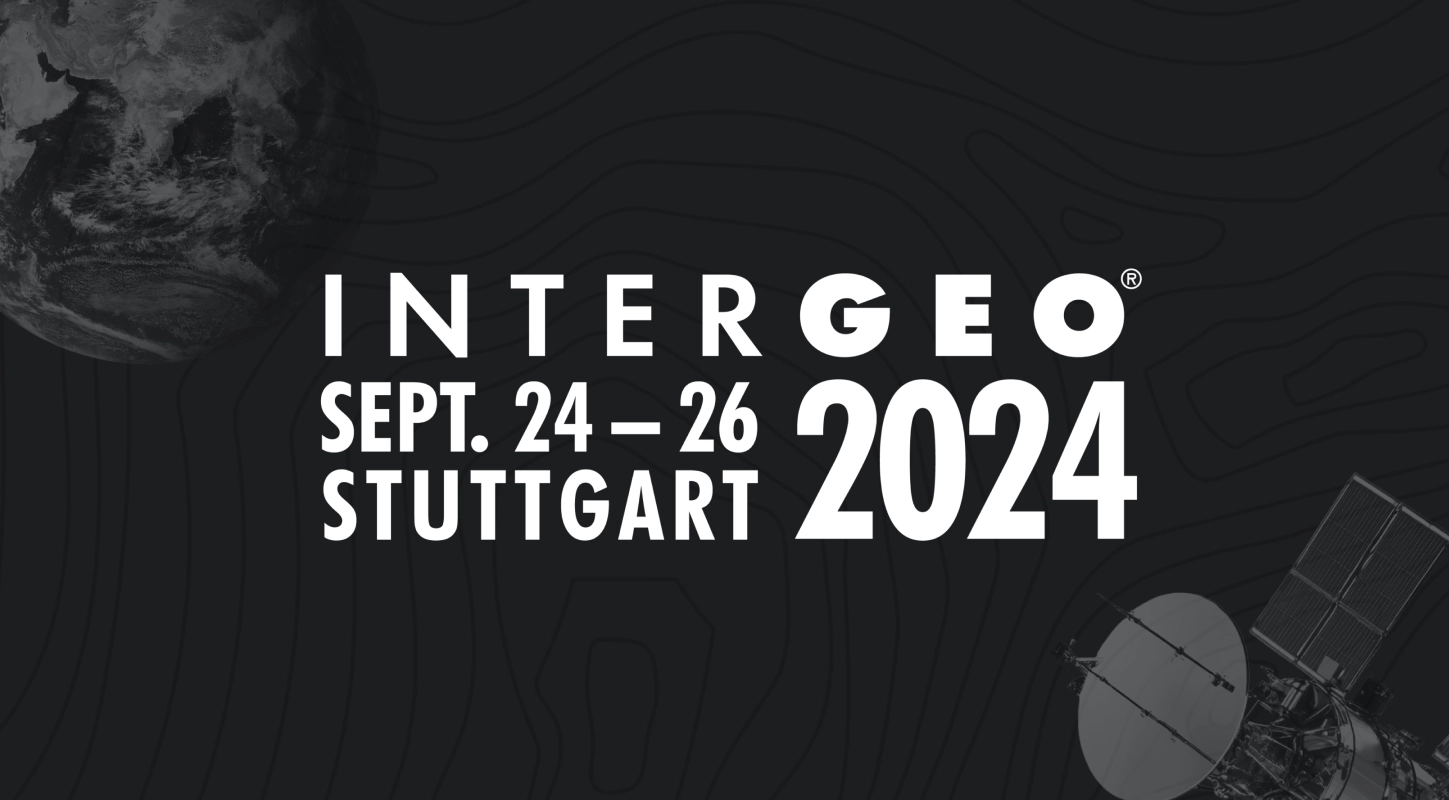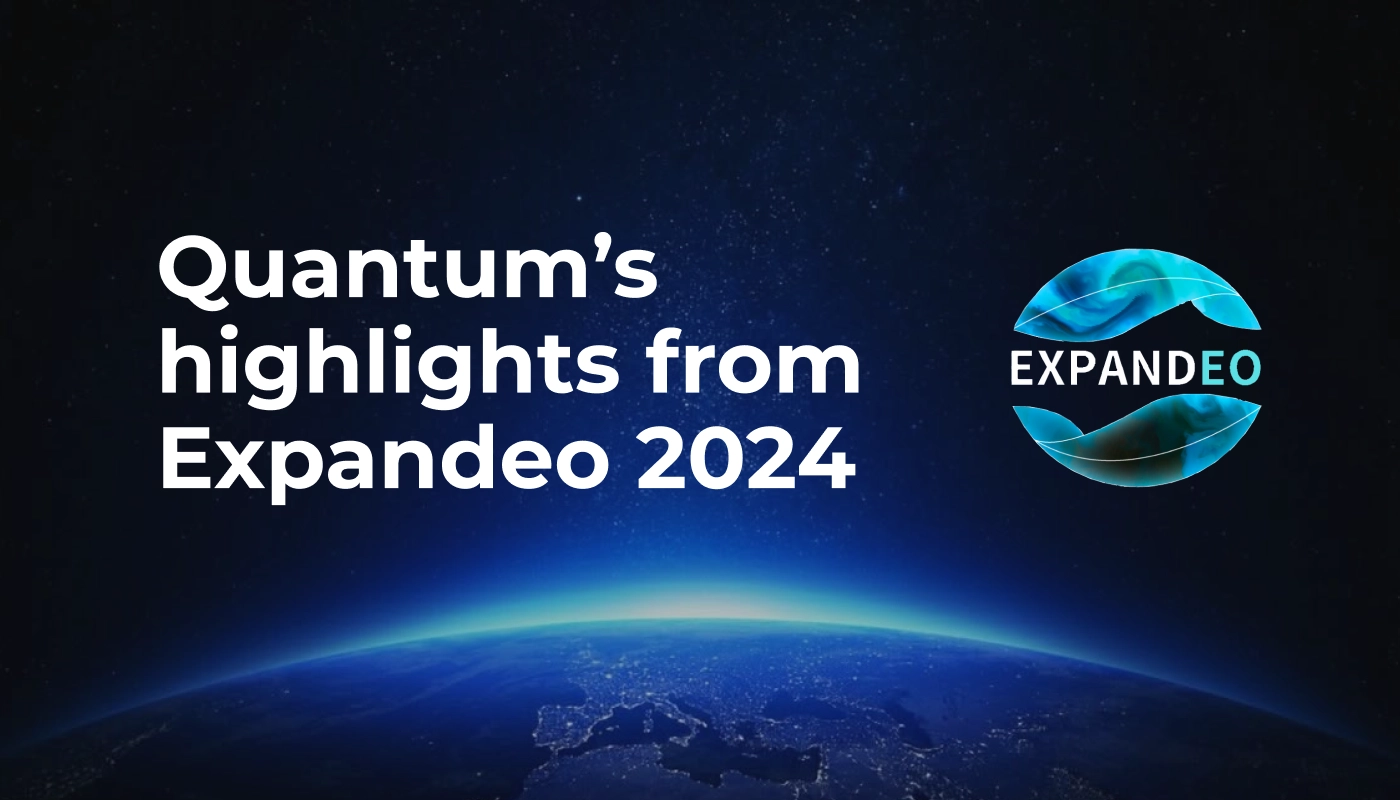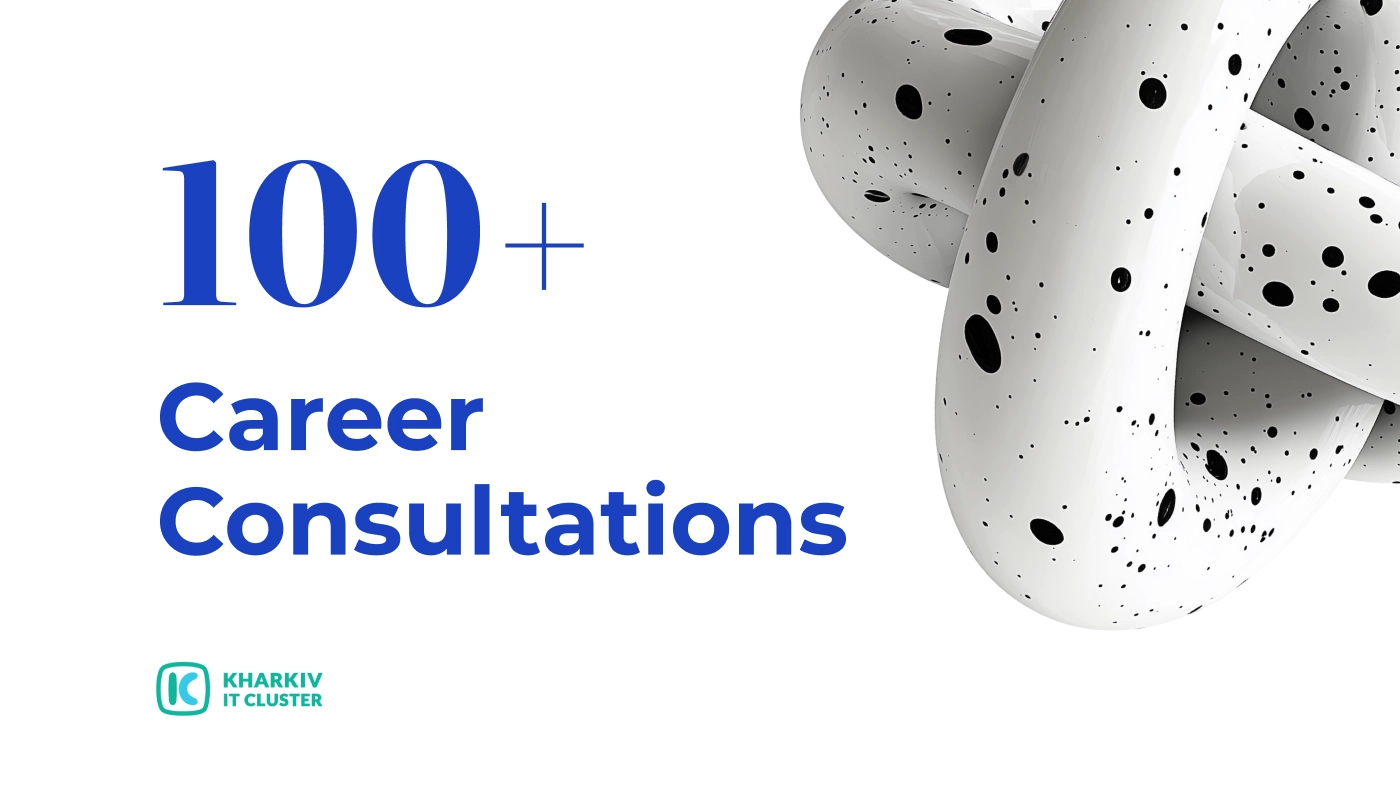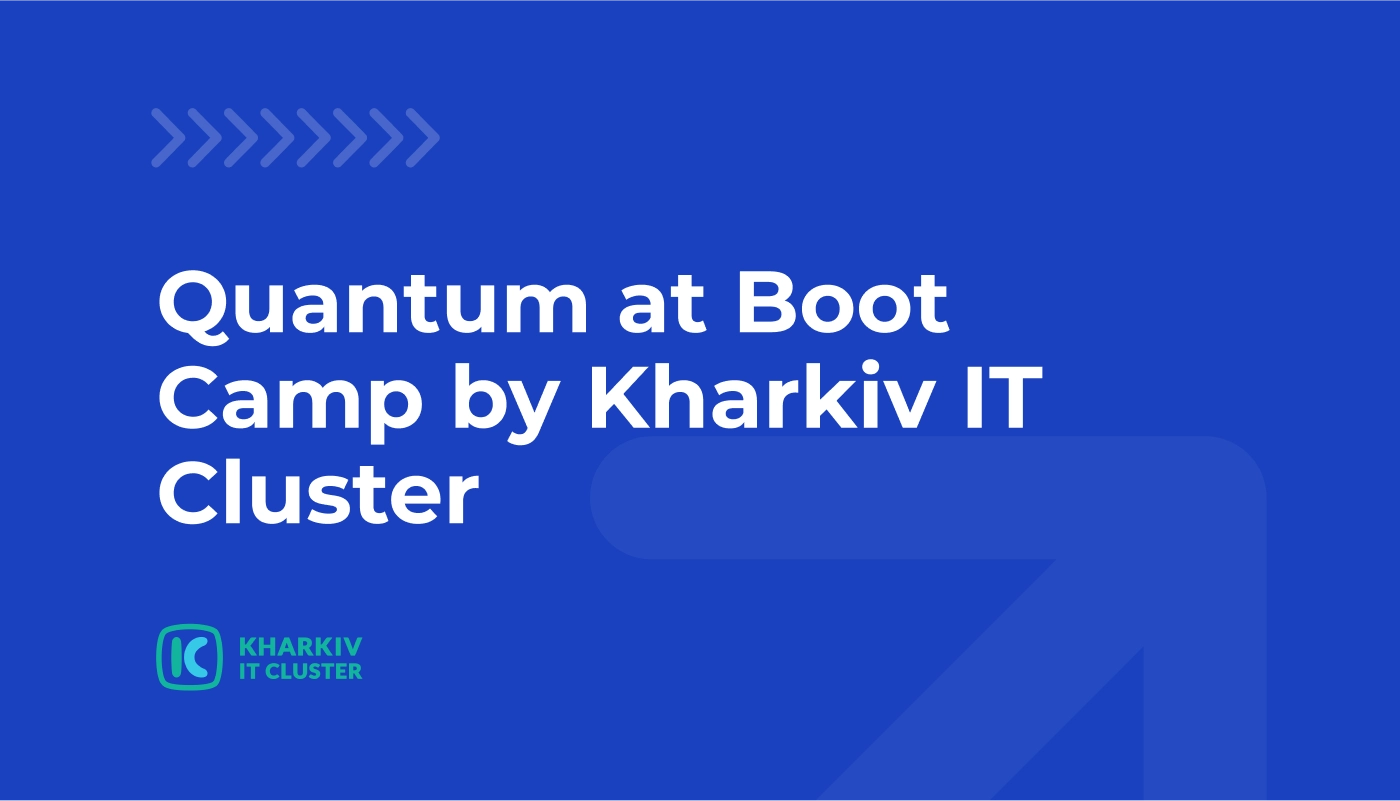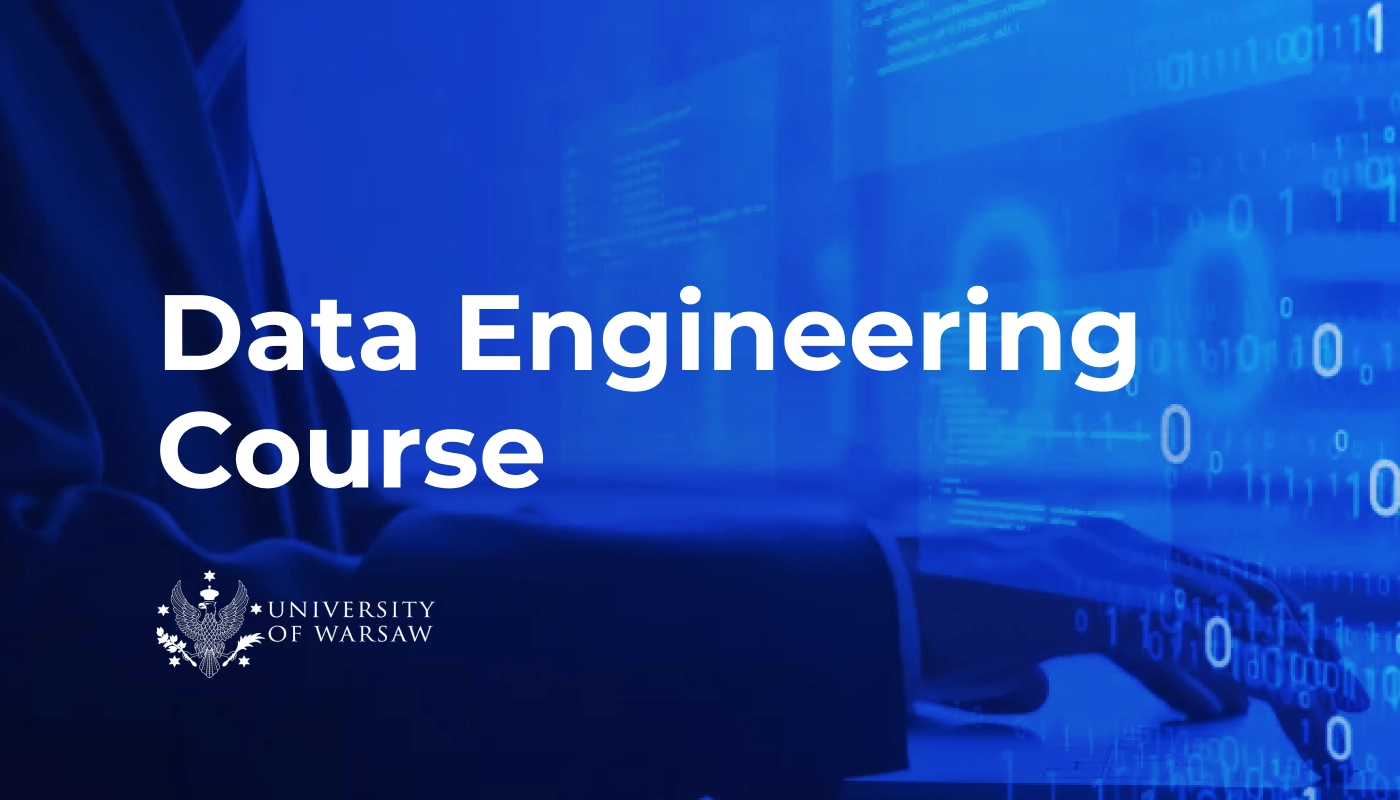Quantum held a course in Data Engineering for Ukrainian students
June 24, 2022One of the central values of our company is education. Not only internal but also external. Behind it lies our numerous partnerships with higher education institutions, where we conduct educational courses and student internships.
In February of this year, we started a course for students of Kharkiv Polytechnic University in the format of a free-choice discipline. We completed it as planned, despite certain obstacles, in May.
The number of participants in the course is limited, and not everyone can be selected for it due to the rating system. The most significant demand for this course among all showed students studying in the following specialties: :
— 113 “Applied Mathematics.” Educational program “Computer and mathematical modeling.”
— 122 “Computer Science.” Educational program” Modeling, design, and computer graphics.”
— 153 “Automation and Computer-Integrated Technologies.” The educational program has the same name.
— 123 “Computer Engineering.” Educational program “Applied Computer Engineering.”
Kharkiv Polytechnic University is successfully implementing the concept of complementary choice disciplines, the number of which, according to the law of Ukraine on higher education, must be at least 25%. Therefore, for the effective organization of such disciplines, saturating them with current information and technologies, the University invites the best Ukrainian IT companies.
Quantum has been one of the partners of Kharkiv Polytechnic University for more than 2 years.
Choosing a high-quality education at Kharkiv Polytechnic University will give you a good springboard for effective professional growth together with Quantum.
Yura Braiko, Data Engineer and course lecturer, made the program accessible and straightforward with an enjoyable teaching process for students. According to Yura, knowledge should be gained with pleasure. The process is similar to leisure, and we agree with it.
In the concept of the program, the main task was to convey to students how the engineering world came to specific solutions through practical examples.
Let us tell you what the course includes and what students will get.
The study consisted of 4 full-fledged lectures, which were intertwined with practice.
— The beginning is an overview of data Engineering-specific tasks and how they differ from the operational functions of a typical system.
Students then delved into data formats, their types and differences, and their advantages and disadvantages. Students learned the difference between text data and binary data, row-base, and column-base, which data is convenient for storing in RAM, and which is suitable for storing on disk.
— After the data formats, we reviewed the concepts of Data Lake, Data Warehouse, and Data Lakehouse. We discussed the strengths and weaknesses of these ideas at lectures, emphasizing ideas and not on specific implementations from specific manufacturers, which were discussed only in passing.
— We moved from reviewing data storage systems to a data processing strategy, where we retrospectively analyzed the idea of MapReduce and compared the type of operation of Spark and Airflow.
— We got bored in the DAG and analyzed the concept and location of queues/event streams in the system. We investigated differences in the approach of Kafka and RabbitMQ implementations.
As a result, the main idea of the course is sustained — Yura simply told the students how the mechanisms located outside the stage work and on which applied tasks are implemented in specific technologies. Meanwhile, students have gained a knowledge base, which they will later use in building complex technical architectural solutions.
The vast majority of the course students are the best representatives of our world, who, by and large, need attention and space to express their thoughts. Therefore, in future courses, we strive to add more discussions to counteract the student impulse to simply guess what the teacher wants, and instead encourage them to defend their own hypotheses.
We are excited to be able to invest in the future of technical education and technological progress by building a knowledge base among young professionals.
With this in mind, we will continue improving our programs and finding new ways to learn and spread ideas among young people.
Read more: Quantum will start the “ML for Remote Sensing Data” course
